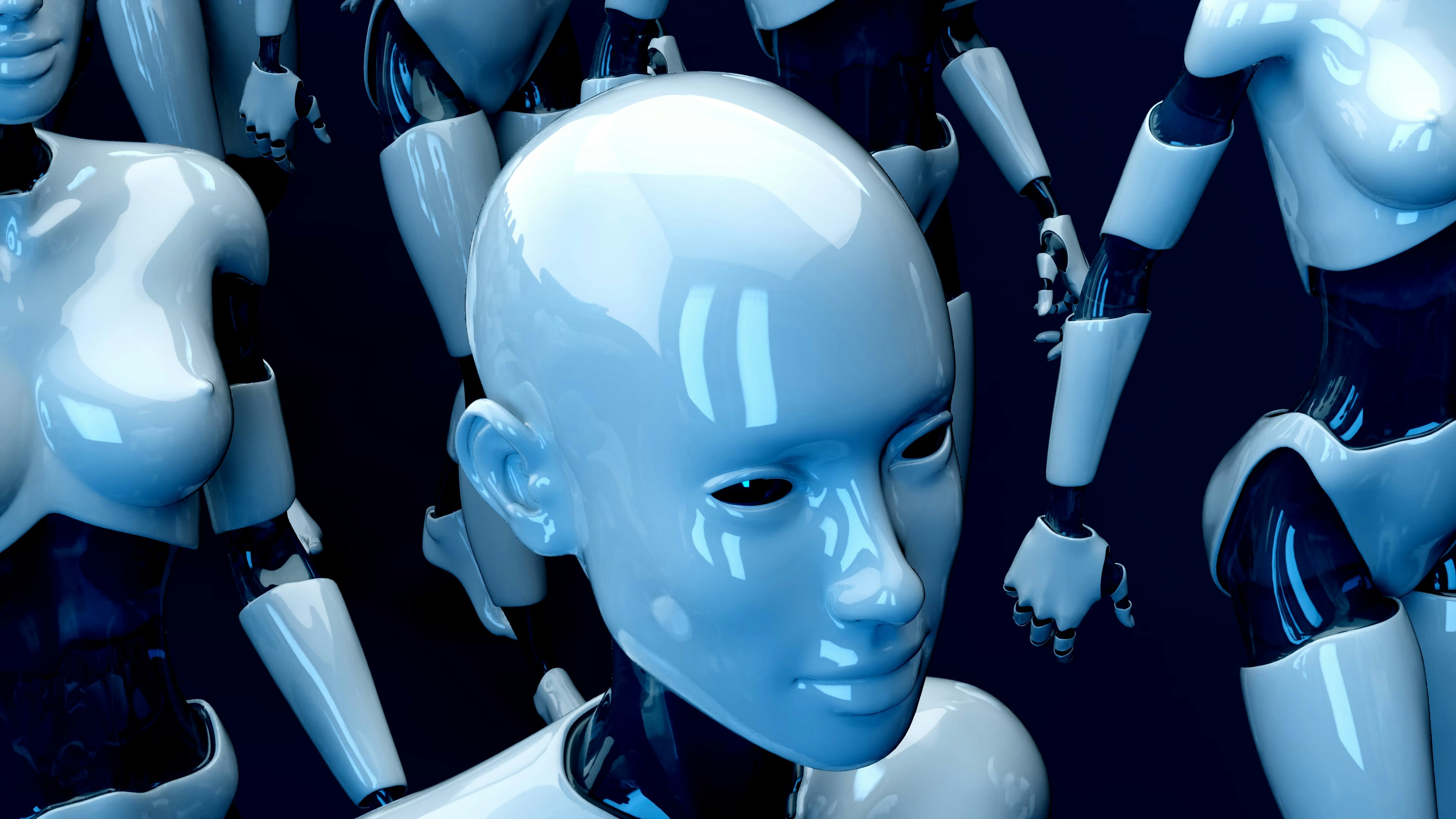A transformation is approaching, one that will reshape how we receive healthcare, justice, and public safety. Artificial Intelligence is not about to replace doctors, pilots, or lawyers. But it will work alongside them, increasingly taking on complex, repetitive, and high-risk tasks with greater accuracy, speed, and consistency than any human alone could manage.
This shift is already underway. The tools exist. Pilot programmes are running. Performance is improving. All that’s left is cultural acceptance, and that may be the slowest part. But here’s the truth: while many professionals may resist AI’s encroachment, the rest of us will benefit enormously. And when the dust settles, the world will be a more competent, less error-prone, and more accessible place because of it.
High-Stakes Professions Are Next, Not for Replacement, but Reinforcement
AI has already proven itself capable of analysing vast data sets, identifying subtle patterns, and executing routine actions with tireless precision. In professional fields like medicine, aviation, and law, this has obvious implications. These are industries where fatigue, bias, ego, and simple human error can have life-altering consequences, and where accuracy, consistency, and early detection save lives. The logical next step? Co-controlling systems where AI works in partnership with humans. It doesn’t mean surrendering judgment to a machine, it means pairing the best of human intuition with the rigour and objectivity of code.
In Medicine: More Accurate, Faster, and Less Prone to Misses
In the near future, your doctor will have a quiet partner, not a nurse, but an algorithm. AI is already matching, and in specific cases, surpassing, human doctors in interpreting scans, detecting tumours, and predicting early-stage disease. Soon, AI tools will routinely be used to spot signs that human eyes miss: subtle shifts in bloodwork, early warning signs buried in medical histories, and correlations spread across thousands of cases. For patients, this means earlier diagnoses, more personalised treatments, and fewer cases where “something was missed.” For clinicians, it means help managing large caseloads and complex decisions. And for society, it means less human suffering caused by preventable errors. Even surgical robots, still largely in their early stages, are showing massive improvements in precision and outcomes when augmented by AI. These systems aren’t replacing surgeons, they’re enabling them to operate with mechanical steadiness and real-time feedback that no human hand can match alone.
In Aviation: Safer Flights and Smarter Airspace Management
AI in the cockpit will become standard. Not to replace pilots, but to act as intelligent copilots, scanning for anomalies, analysing real-time weather data, and recommending course corrections with millisecond reactivity. Behind the scenes, air traffic control is already experimenting with AI systems to manage growing traffic. These systems can detect potential conflicts sooner, allocate space more efficiently, and reduce fuel burn, all while reducing the burden on human controllers and pilots alike. You may not know when the transition happens. You’ll just notice flights becoming smoother, delays shorter, and incidents rarer.
In Law: Less Time Wasted, More Justice Delivered
AI’s entry into legal work is about to remove some of the most costly and inefficient parts of the profession, the mind-numbing document reviews, the endless legal research, the risk of overlooked case law. Imagine a tool that can process 1,000 contracts in an hour, identify risks, suggest clauses, and summarise legal arguments. That tool already exists, it just hasn’t been widely adopted yet. Soon, it will be. For the average client, this means faster service, lower legal bills, and less chance of something being missed. For the lawyer, it means shifting their time toward actual strategy, interpretation, negotiation, and courtroom work, rather than administrative grind.
Resistance Is Inevitable, But So Is Progress
Of course, there will be pushback. Doctors may fear being second-guessed by machines. Pilots may resent being reduced to system managers. Lawyers may worry about losing billable hours. These fears are valid, but they miss the broader point. The purpose of these professions is not to preserve tradition, it’s to serve people. And the truth is, AI can help them serve better. Human expertise is still essential. But it’s flawed, vulnerable to fatigue, bias, ego, and information overload. AI doesn’t get tired. It doesn’t overlook fine print. It doesn’t come to work with a headache or a grudge. Its integration is not about diminishing humans, it’s about creating systems that fail less.
What We Stand to Gain
For the broader population, the people who rely on doctors, trust pilots, or depend on the legal system, the benefits are clear:
Fewer errors
Faster outcomes
Greater consistency
Lower costs
More accessible expertise
Whether it’s catching a cancer earlier, avoiding a turbulence incident, or getting legal protection you couldn’t previously afford, the introduction of AI means better outcomes for more people. That’s the angle we shouldn’t lose sight of.
This Is Inevitable, And It’s Good
AI is coming to the professions. Not as a threat to jobs, though that fear is real, but as a massive upgrade to how society works. A world with fewer mistakes. More efficiency. Less injustice born from human fallibility.
The professionals may not be thrilled. But the rest of us should be. Because in the near future, you won’t just be relying on one person’s judgment. You’ll be relying on a system, and that system will be better for you, your family, and your future. It’s coming. Let’s not fear it.
Let’s build it right, and welcome it.

